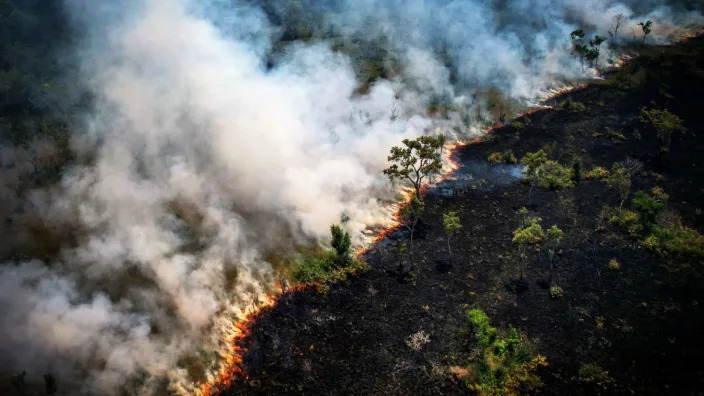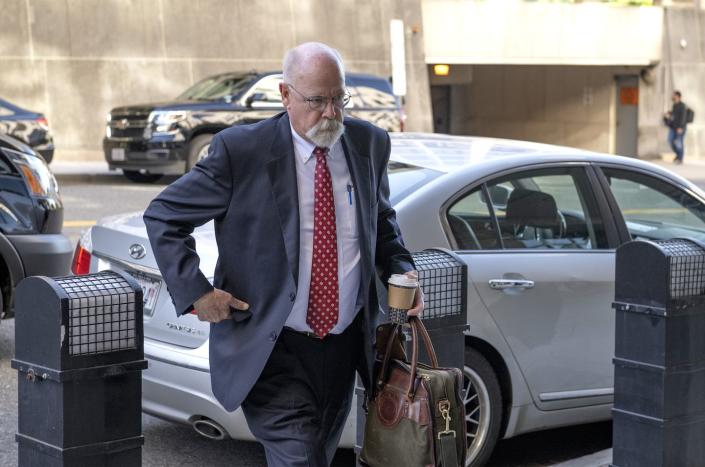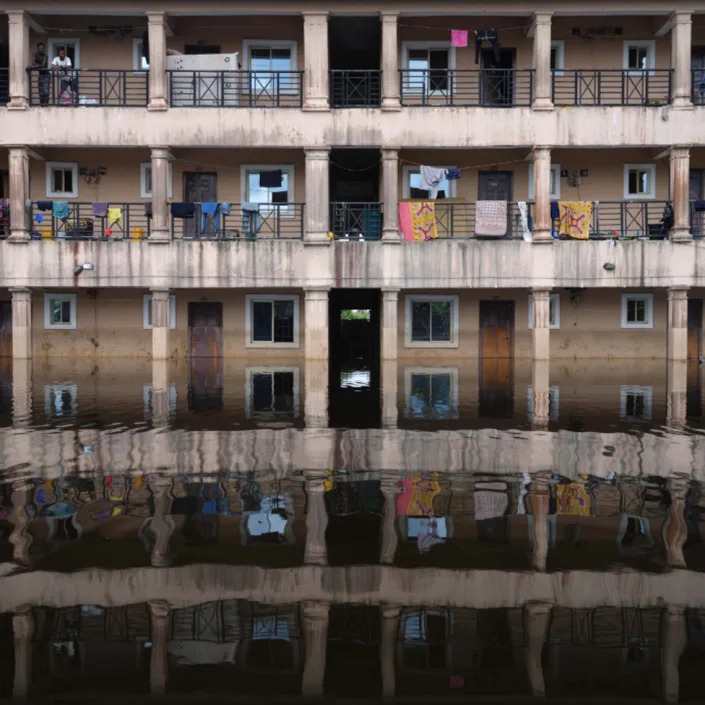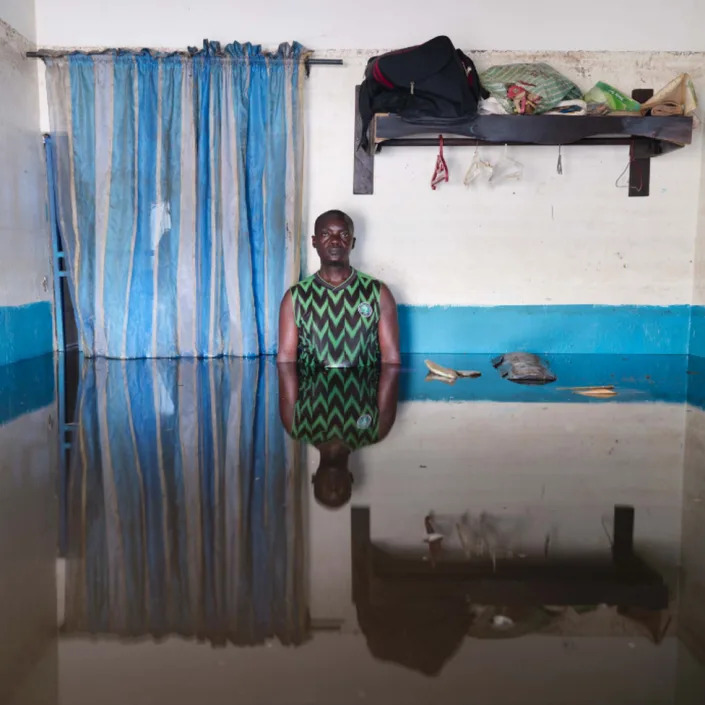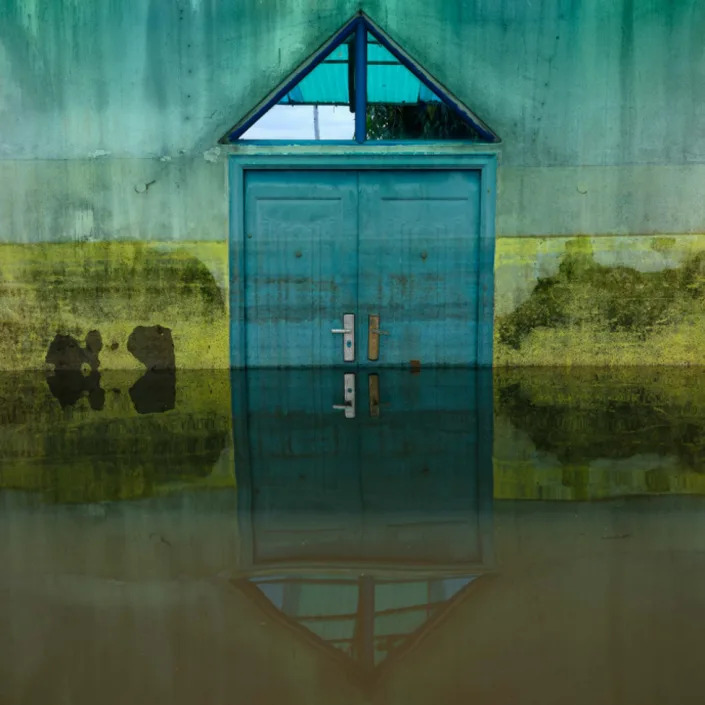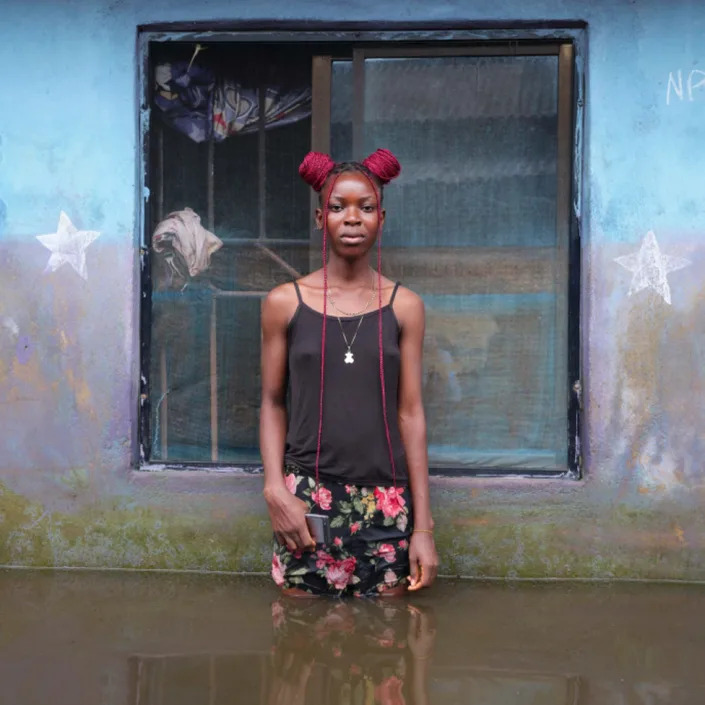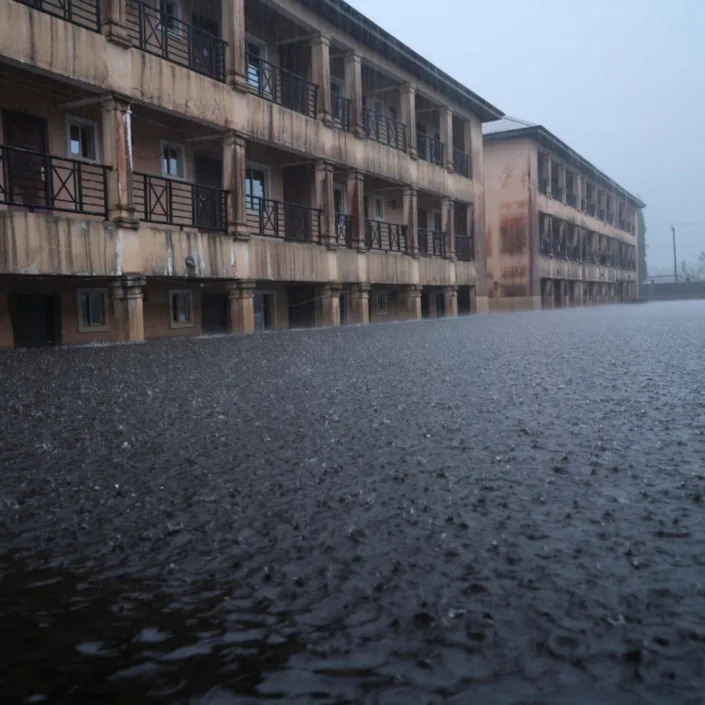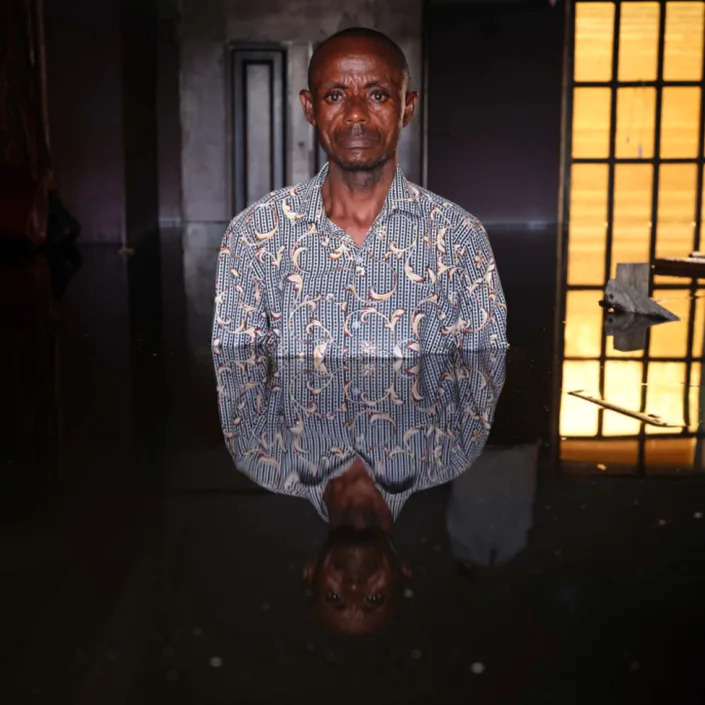
Hull notched 610 goals and 1,170 points in 1,063 NHL games and was inducted into the Hockey Hall of Fame in 1983.
Arun Srinivasan
·Writer
Mon, January 30, 2023
Bobby Hull, a Hockey Hall of Famer and Chicago Blackhawks legend, has passed away at the age of 84. (Getty Images)
Former Chicago Blackhawks winger Bobby Hull died at 84 on Monday, the NHL Alumni Association confirmed.
Hull is widely considered one of the greatest players in NHL history, winning the Hart Trophy twice, three scoring titles and is considered by some to be the greatest Blackhawks player ever. He broke into the league as a teenager but truly emerged in his third season, where he recorded 39 goals and 81 points during the 1959-60 campaign, before lifting the Stanley Cup the following season. Hull notched 610 goals and 1,170 points in 1,063 NHL games and was inducted into the Hockey Hall of Fame in 1983.
Nicknamed “The Golden Jet,” Hull was known to shoot with tremendous velocity and helped popularize the slap shot. Some have incorrectly attributed the development of the slap shot to him, although it was invented by Eddie Martin of the Coloured Hockey League's Halifax Eureka in the early 1900s. He was also instrumental in the widespread adoption of curved stick blades — then referred to as "banana blades" — in the 1960s. In response, the NHL implement a rule — widely regarded as the Bobby Hull Rule — limiting the curvature of the blade due to the dangers it posed to goaltenders, who didn't all wear masks at the time.
Hull was an outsized figure in the hockey world and he contested the NHL’s hegemony over professional hockey, believing that he was underpaid relative to his stature in the league. As a result, Hull joined the World Hockey Association’s (WHA) Winnipeg Jets for the 1972-73 season, while still in the latter stages of his prime. Hull played for the Jets until 1979-80, then returned to the NHL for a brief nine-game stint with the Hartford Whalers during the same season.
Off the ice, Hull was a more complex figure and an accurate biography cannot overlook his numerous transgressions. Hull told a Russian newspaper in 1998 that the Nazis were not without merit and that Adolf Hitler had good ideas. He openly said that he did not care if he was perceived to be a racist. Hull was accused by his wife, Joanne, and his third wife, Deborah, of domestic assault and battery. He was convicted of assaulting a police officer during an 1986 domestic dispute with Deborah. His daughter, Michelle, spoke openly in 2002 that Hull would become abusive when he drank and she became a lawyer for victims of domestic abuse in large part due to her father’s actions. Chicago dropped Hull as a team ambassador in February 2022.
Hull is the father of NHL legend Brett Hull, who went on to score 741 goals in the NHL. They are the only father-and-son combination to have both won the Hart Trophy.
The former mayor of Mississauga, Ont. died at her home at the age of 101.
Chris Stoodley
·Lifestyle and News Editor
Sun, January 29, 2023
People on social media are mourning the death of "trailblazer" Hazel McCallion, who died at age 101.
Known for her tenacity in Canadian politics, McCallion led Mississauga, Ont. as mayor for 12 terms, up until she was 94-years-old. She was the city's fifth mayor between 1978 and 2014.
"My dear friend Hazel was an extraordinary woman who wore many hats: A businessperson, an athlete, a politician and one of Canada's — and the world's — longest-serving mayors. Nicknamed 'Hurricane Hazel' for her bold political style, she was unstoppable," Canadian Prime Minister Justin Trudeau wrote in a statement.
"She inspired countless others, including myself, in her decades of tireless and selfless service. I will miss her as a friend, and I'll always cherish the conversations we had, and the wisdom she shared over the years."
Ontario Premier Doug Ford shared his statement on Sunday morning, announcing that McCallion died "peacefully" at her Mississauga home.
"Hazel was the true definition of a public servant. She dedicated her long life to her community, including 36 years as mayor of Mississauga — the longest serving mayor in the city's history," Ford shared in his statement. "She led the transformation of Mississauga into one of Canada's largest cities. Hazel's mark on her community can be found in the many places and organizations that bear her name, including the Hazel McCallion Line.
"There isn't a single person who met Hazel who didn't leave in awe of her force of personality. I count myself incredibly lucky to have called Hazel my friend over these past many years. As I entered the world of politics, I was fortunate enough to learn from her wisdom and guidance, which she selflessly offered until the very end."
Bonnie Crombie, Mississauga's current mayor, shared her own statement Sunday morning, noting her "condolences" to the city's first-ever female mayor.
"Today, we grieve the loss of Mississauga's matriarch, Hazel McCallion — a fierce and passionate leader who touched the lives of many and who served as an inspiration to women in politics across the country. On behalf of the City of Mississauga, I offer my condolences to the entire McCallion family, who are mourning the loss of their mother and grandmother today," she penned in her statement.
"Hazel lived a good life, and the truth is that even in her final days, she never stopped giving back to this great city and to the people who proudly call it home. As our first female mayor at a very critical time in our history, she helped grow and shape Mississauga from farmland and fruit trees into the seventh-largest city in Canada with a quality of life that is 'second to none.'"
Social media users shared in the mourning of McCallion's death. Posts from politicians, Canadians and more left her name trending on Twitter.


